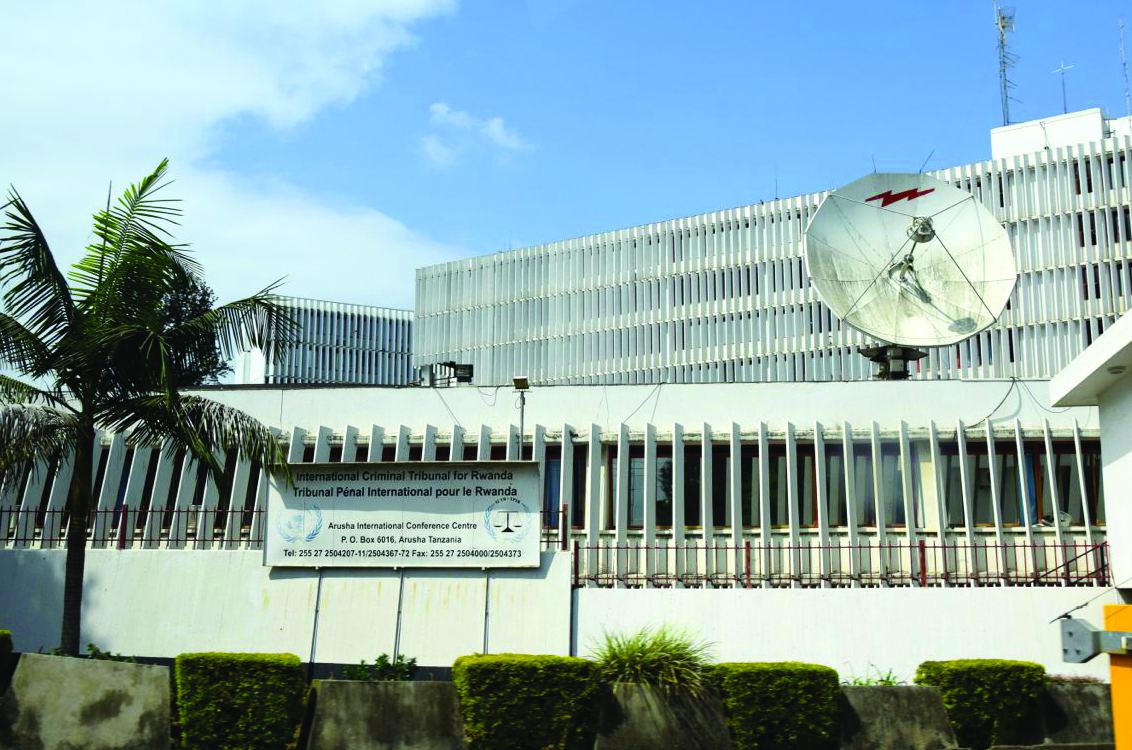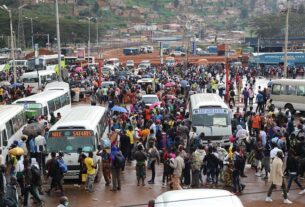At the 19th National Council of Negotiations, the Minister of Rwandan Unity and Civic Responsibility, BIzimana Jean Damascene, reminded the participants and Rwandans in general of the importance of Gacaca Courts in Rwandan relations at a low cost compared to the three cases decided in Arusha will cost the same budget as that used by the Gacaca Courts.
Minister Bizimana pointed out that after the liberation of Rwanda and the end of the Genocide against the Tutsis, there was a legal obstacle because no Genocide case had to be decided because there was no law punishing it.
Bizimana said: “The trials of the perpetrators of Genocide should not be held immediately because there was no law punishing this crime, the government of Bagao before 1994 did not impose it because its policy was based on the ideology of Genocide.”
Bizimana went on to say that the Legislative Assembly of the State of the Union approved it on August 30, 1996, and this made the Genocide trials to begin the following year in 1997.
Although these cases were said to be at the desired speed according to the number of those who had to be tried because of the suspicion of involvement in the Genocide against the Tutsis.
Bizimana said: “Five (5) years later, in 2002, there were only 8363 trials for 120,000 people who were incarcerated, which is why it required extraordinary measures.”
The ideas that were introduced in the meetings held in Rugwiro between 1998 and 1999, resulted in the use of Gacaca Courts which were also a lasting solution for the more than 120,000 people who were imprisoned waiting for justice.
He said, “The Gacaca courts were established by law in 2001, and have been doing a special job of providing justice for ten (10) years. They have decided 1,958,634 cases using 52 million dollars. Gacaca was cheap and gave constructive results for Rwandans, the case of one party in Gacaca cost 50 dollars, which is 19,500 Rwandan money at that time.
Bizimana continues to compare the results of the Gacaca courts with the international courts that tried those suspected of involvement in the Genocide against the Tutsis.
He said, “At that time in the international court of Arusha, one litigant was awarded more than 20 million, which is about two billion in Rwandan money at that time, which means that the amount awarded for three (3) cases in that court is equal to the budget. all used by Gacaca Courts.”
The Minister of Rwandan Unity and Civil Responsibility continues to say that this international court in 20 years has decided only 75 cases.
He said, “Gacaca is one of the unmistakable evidences that show the importance of the results that Rwanda is looking for.
Minister Bizimana continues to emphasize the role of Gacaca Courts in uniting Rwandans based on research conducted in 2018 on their role in uniting Rwandans, when the research showed that 83% of those who admitted their involvement in the Genocide apologized and decided to separate completely from its ideology while 85 % of those killed had the courage to live well with those who killed them and offer forgiveness even though it was a difficult choice.



